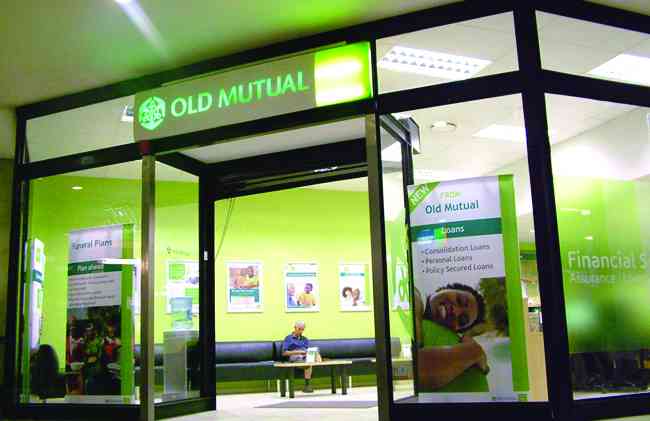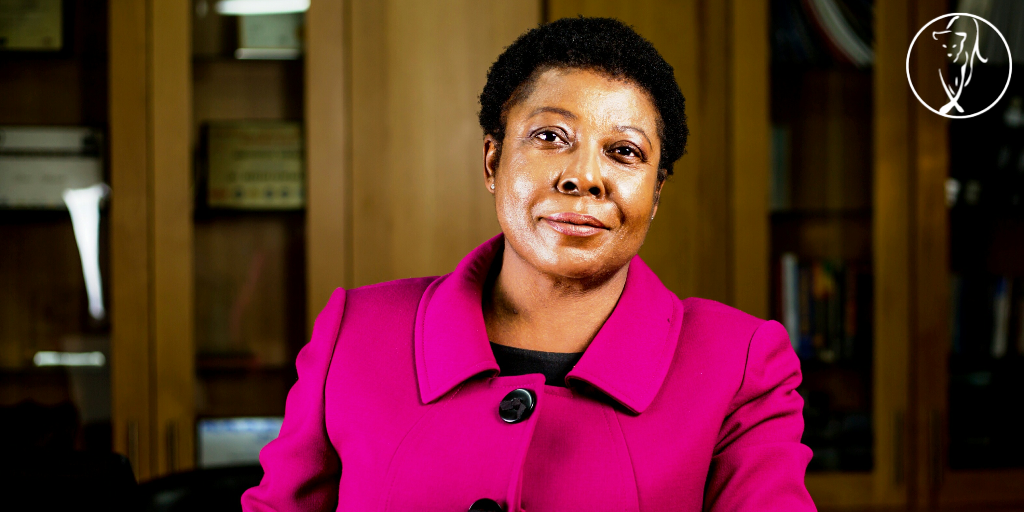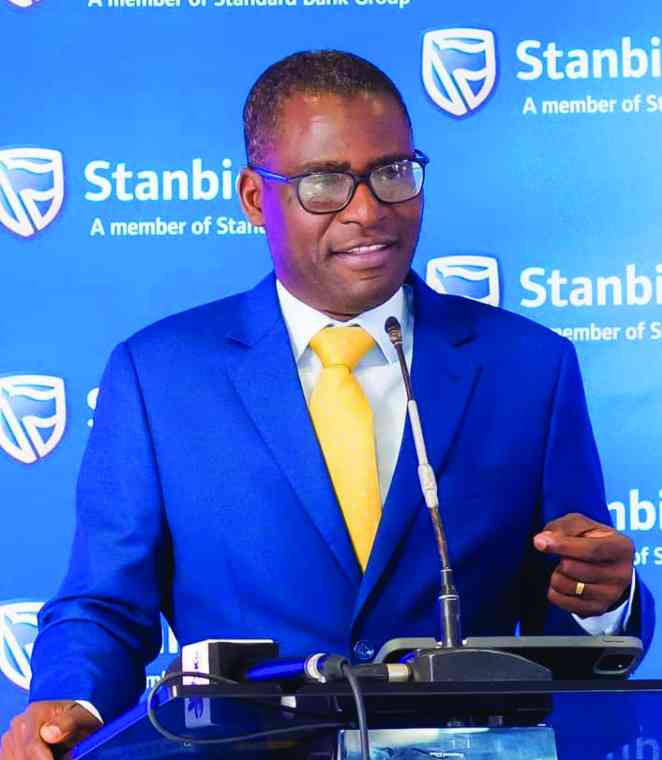
The National Social Security Authority is responsible for providing social security to Zimbabweans. Nssa is under increasing pressure to do more to protect its beneficiaries, particularly pensioners, from falling into poverty. Zimbabwe Independent (ZI) caught up with Nssa general manager Arthur Manase (AM) to find out more about how Nssa was faring on this front.
ZI: Of late there has been growing agitation, particularly among pensioners and other beneficiaries for Nssa to do more, what is your comment on this?
AM: Of course the calls for Nssa to do more exert a lot of pressure on us, but it is in tough situations that one’s mettle is proved.
The pressure from pensioners and members reminds us that we can never rest on our laurels. The Nssa journey is continuous. Our vision is to become a world class provider of social security by 2030.
ZI: In Zimbabwe, Nssa is synonymous with pensions. Everyone expects Nssa to deliver. Do you think you are living up to expectations as far as taking care of pensioners and other beneficiaries?
AM: Let me put things in context. Nssa is mandated to establish and administer social security schemes on behalf of the Government of Zimbabwe in terms of the Nssa Act Chapter 17:04.
Presently, Nssa administers two schemes, namely, the Pension and Other Benefits Scheme (POBS) and the Accident Prevention and Workers’ Compensation Scheme (APWCS). POBS covers all workers in the formal sector, constituting 24% of the working population (ZimStat, 2019), and is financed by equal contributions by employers and workers.
Benefits payable under the scheme include retirement pension or grant, invalidity pension or grant, survivor’s pension or grant and funeral grant. APWCS, which provides insurance against employment injury covers workers in the formal sector and is financed by premiums made by employers. Benefits under the scheme include medical aid, disability pension, widow/widower’s pension, children’s allowance, constant attendant’s allowance, and rehabilitation.
- Chamisa under fire over US$120K donation
- Mavhunga puts DeMbare into Chibuku quarterfinals
- Pension funds bet on Cabora Bassa oilfields
- Councils defy govt fire tender directive
Keep Reading
The Nssa pension scheme was designed as a safety net to complement occupational and voluntary private pension schemes, which are designed to provide greater pension benefits at retirement. This complementarity is reflected in the level of funding and contribution levels. The Nssa contribution rate is the least in the pensions industry and is subject to an earnings ceiling. POBS has a contribution rate of 9% of monthly insurable earnings against an average contribution rate of 20% on full salary for the private pension funds. The insurable earnings cap on the Nssa old age scheme is meant to ensure that contributors remain within reasonable spending money after deductions, but it severely curtails the scheme’ capacity to pay higher and substantial benefits.
Despite the limited funding and contribution levels, evidence point to Nssa providing better value than occupational pension schemes, which receive higher contributions.
Currently, the Nssa minimum retirement pension of US$70 payable at the auction rate equivalent in local currency is much higher than that of private pension funds, which is gazetted at ZW$3,000 by Ipec (Insurance and Pensions Commission). Nssa pension levels are also reviewed quarterly.
ZI: How is Nssa faring compared to its regional peers?
AM: A comparison of the contribution rate to the Nssa pension scheme with similar schemes in the region indicates that Nssa has one of the lowest contribution rates. For instance, Tanzania, Ghana, Kenya, and Zambia have 20%, 18,5%, 10% and 10% respectively, against the 9% contribution rate for Nssa.
Furthermore, all these countries collect contributions based on full salary whereas the Nssa contribution is subject to an earnings ceiling. Zimbabwe is the only country in the Sadc region, with a social security pension scheme with an insurable earning ceiling.
The Nssa board passed a resolution to automatically adjust the pension levels in line with movements to the official exchange rate, subject to a sustainability/affordability test as assessed by the actuary in line with contributions, investments return income as well as the assets of the scheme.
Despite collecting the least contribution in the region, Nssa, Zimbabwe alongside Zambia currently pays a minimum retirement pension equivalent to US$70. This is currently the highest in the region compared to US$50 in Kenya and Tanzania, US$15 in Burundi and US$13 in Rwanda.
ZI: All right, that is quite remarkable, but you cannot run away from the expectations of pensioners and beneficiaries. Is there anything else that Nssa is doing to improve the welfare of pensioners?
AM: We appreciate that as a social security fund Nssa must contribute towards poverty eradication in line with Vision 2030 as well as SDGs. We have noted that the prescribed pension alone would not be adequate to help pensioners to escape poverty. In this regard, Nssa introduced resilience building non-monetary measures to improve the welfare of the pensioners. Of importance to mention is the goat rearing project and the revolving loan facility for income generating projects by pensioners.
ZI: Goat farming project?
Am: Oh yes, a goat farming outbreeder scheme. When we learnt that Zimbabwe had secured foreign markets for goat meat, particularly in the United Arab Emirates (UAE), Nssa decided to empower pensioners around the country through goat rearing projects. In this regard, some pilot schemes are underway in Bindura and Gwanda. It was necessary to start with Bindura as Nssa partnered with Bindura University of Science Education for its skills and expertise in goat rearing.
Gwanda was next because the local community offered Nssa vast piece of land for the project. The model will be replicated in all the provinces of the country, with the programme operated by the pensioners for income generation while at the same time working as knowledge transfer schemes for much bigger projects for pensioners with capacity.
This is part of the Nssa goat commercial project that has commenced at Woodlands in Kwekwe, targeting the foreign markets. The pensioners will be engaged as outgrowers for Nssa. The goat programme will provide the country and the pensioners with foreign currency, while at the same time contributing to national development.
This will help building resilience against shocks among the pensioners, hence helping them to escape poverty as the country moves towards vision 2030.
ZI: The non-monetary benefits you speak of, do you ever consult your stakeholders or your internal experts just come up with them?
AM: Nssa is a listening organisation. Since last year, we have been in regular contact with the Zimbabwe National Pensioners Forum Trust, which represents all NSSA pensioners. They have helped us in coming us with these benefits – they are demand driven.
We recently received a petition from another group of pensioners who raised similar sentiments to those from ZNPFT and we will again engage them










